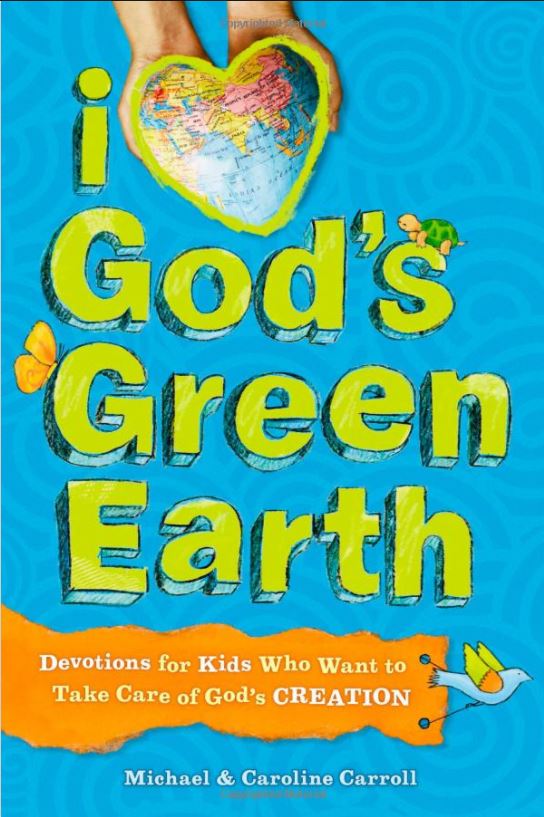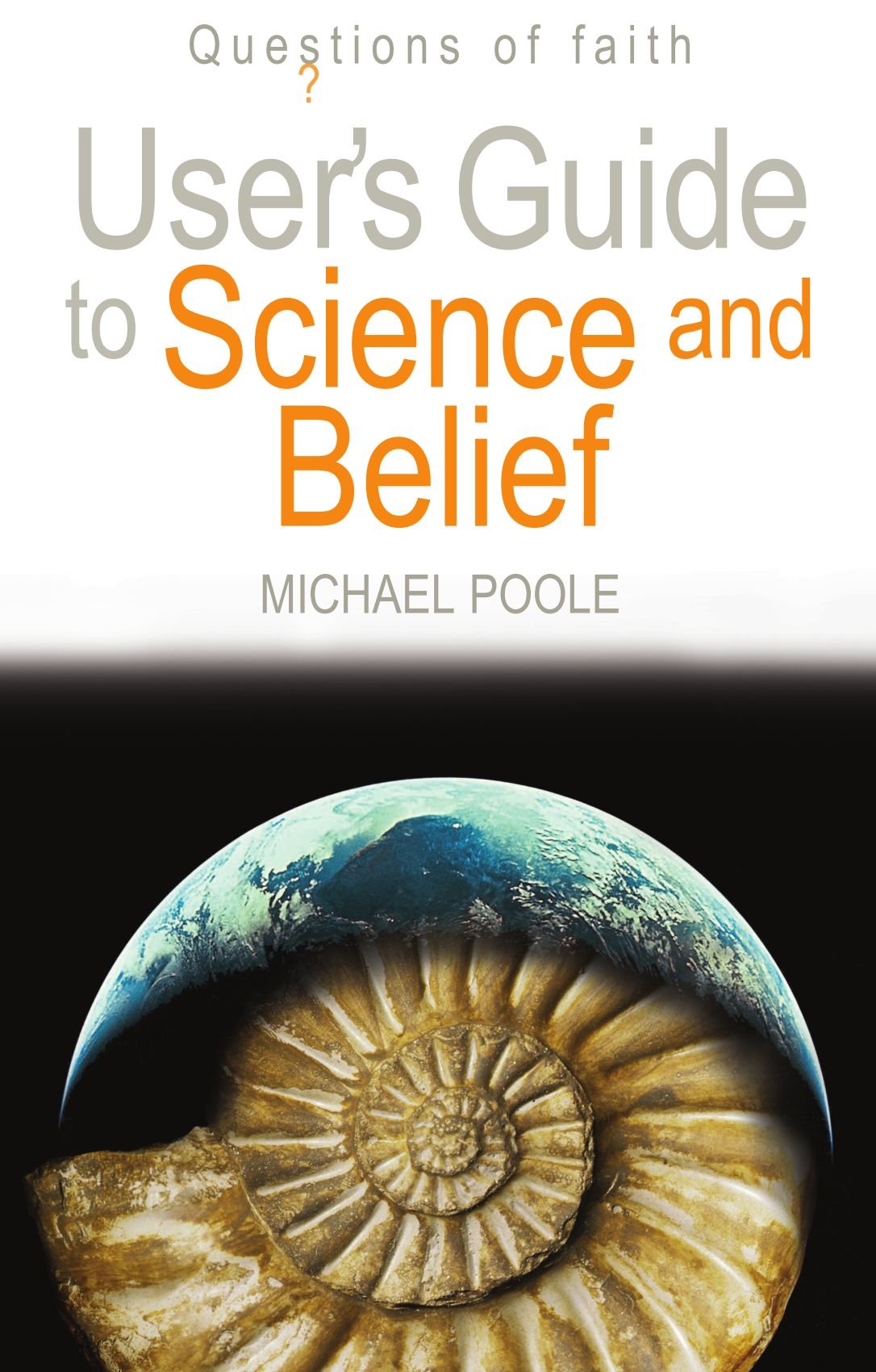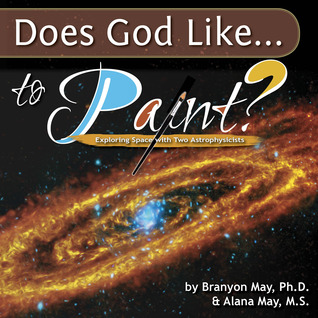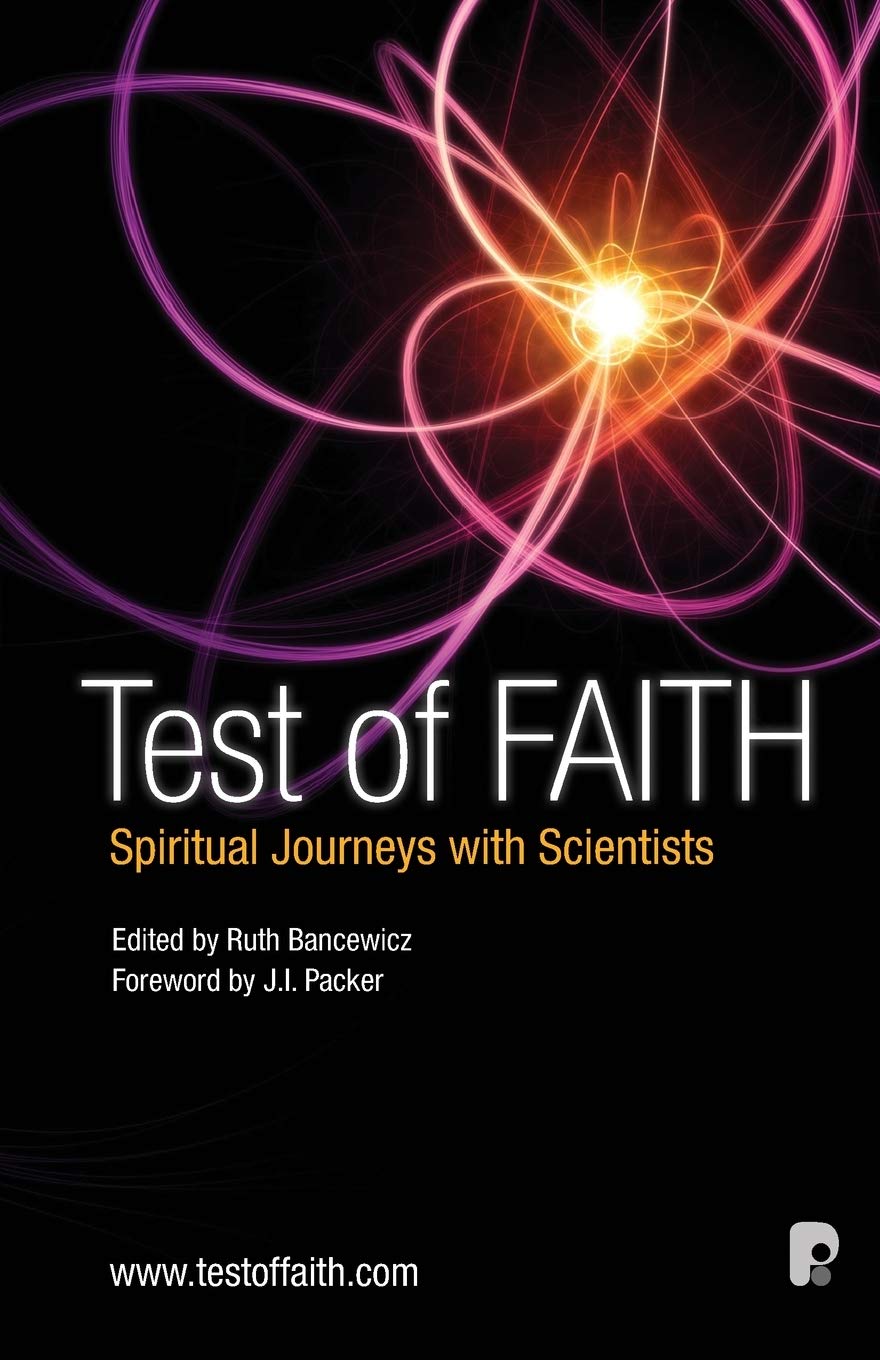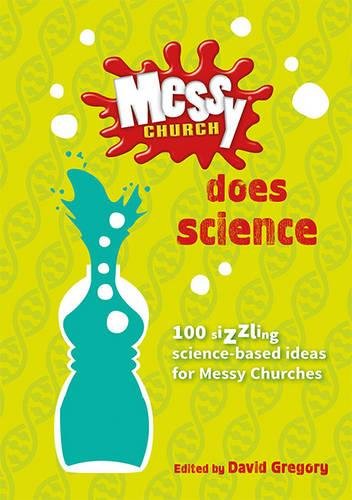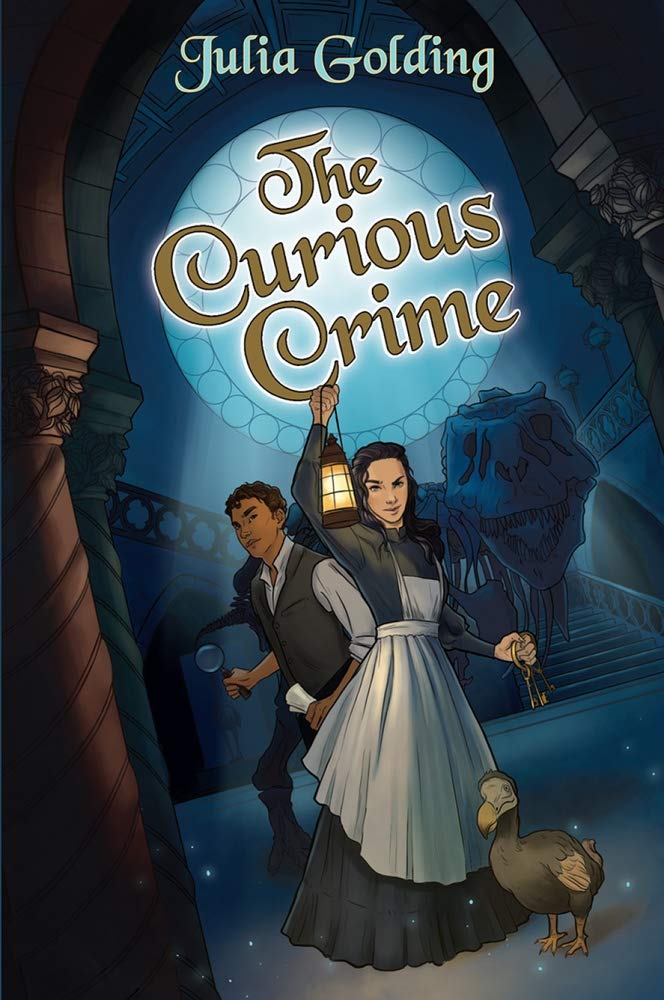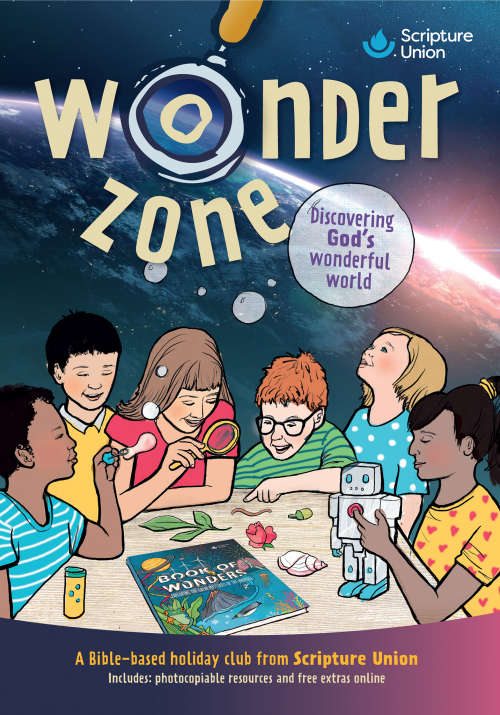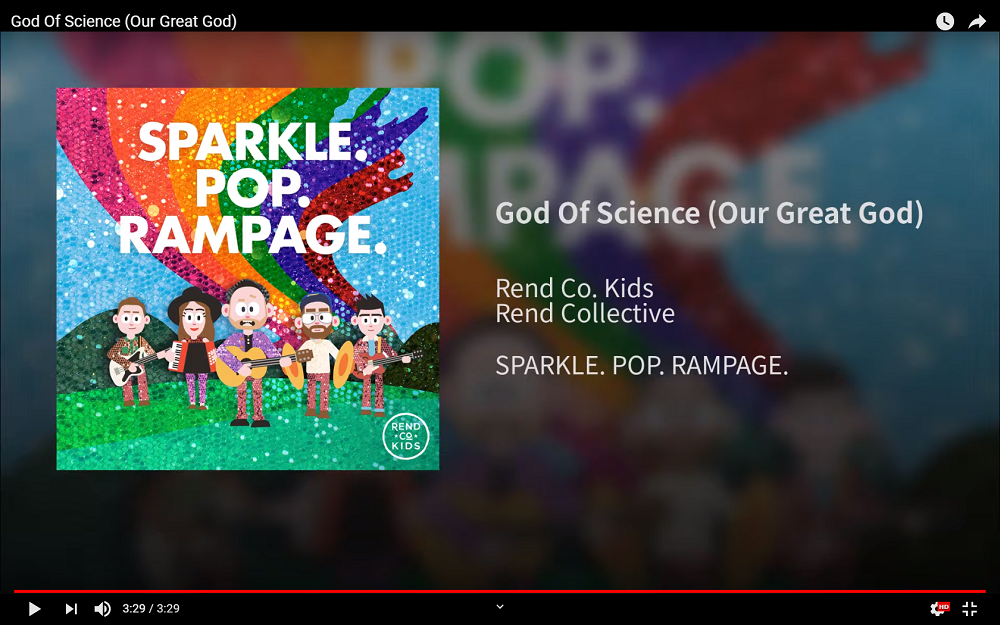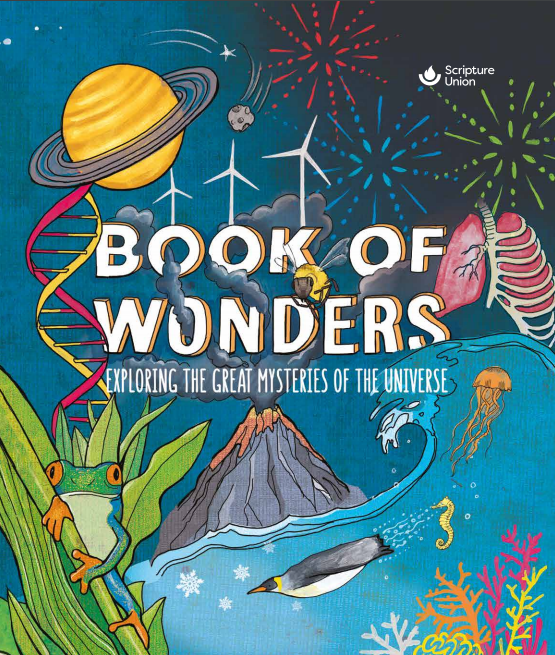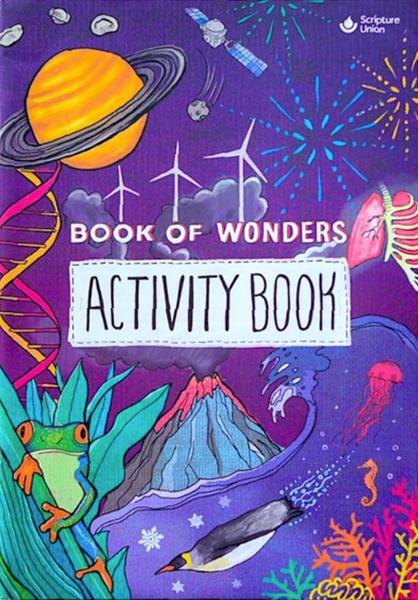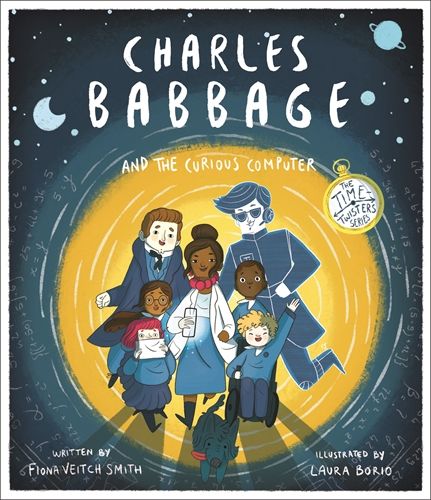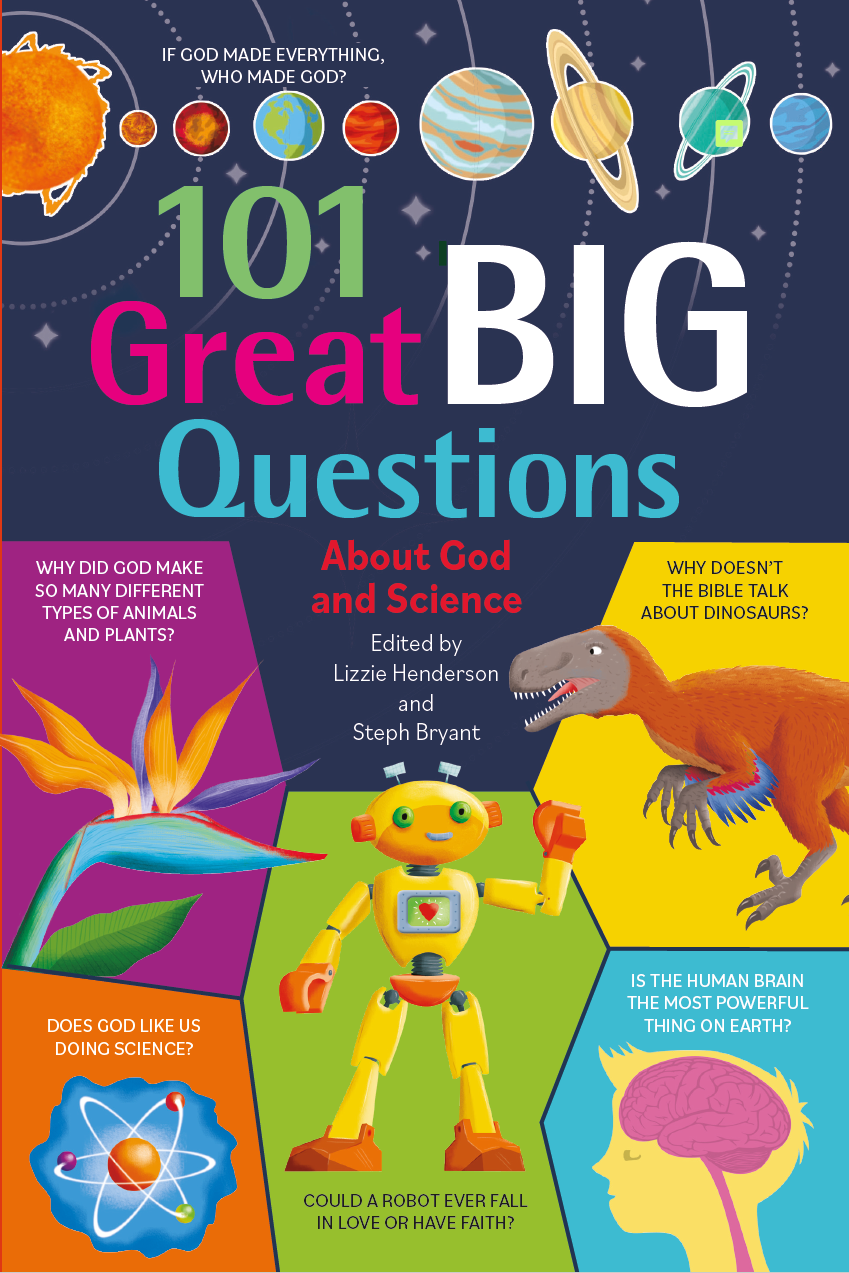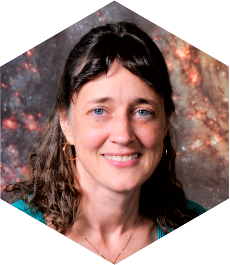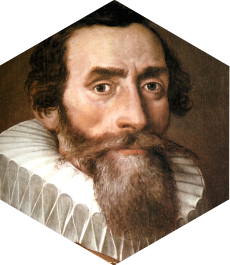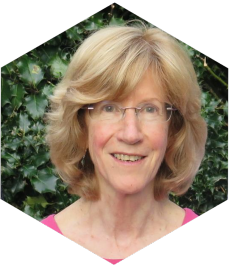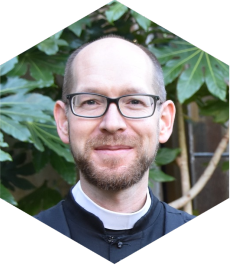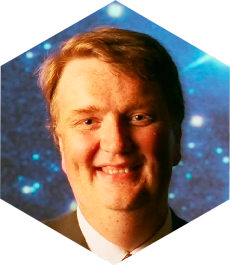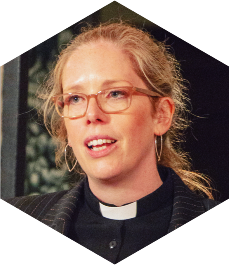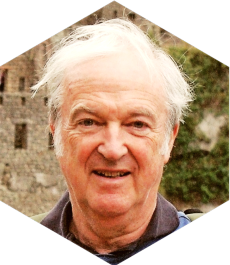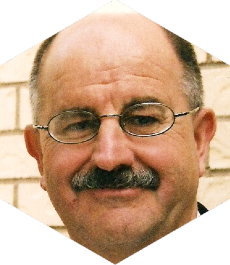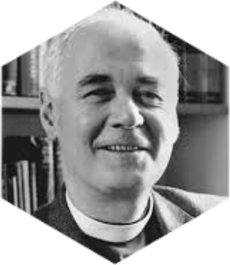Science, Religion and the Bible
Hi there, if you're aged between 11 and 18, this space is for you to explore your big questions about science and religious faith.
Use the menu on the left to choose your age range, then click on a question below to read some thoughts about how Christians approach the Bible, its purposes, and ideas about truth in science and religion. You can also click on ‘Scientists’ to meet some scientists of faith who study this topic!
If you are younger than 11 you can explore these same questions on our kids website, here.
-
What is the Bible?
-
If the Bible is true, what does that mean for science?
-
Who is God? What Does God look like?
-
Can you be a scientist and believe in miracles?
-
If God made everything, who made God?
-
Why do we bother thinking about where everything comes from?
-
Scientists
-
More Questions?
-
What is the Bible?

The Bible is the holy book that Christians read. It is a collection of 66 books, written by different people over thousands of years in many different locations, from the Ancient Near East to Rome and Greece!
Scholars think the oldest parts of the Bible were written around 3,500 years ago! The writers use songs, poems, stories, letters and tales from real life to share what Christians believe is the truth about who God is, what he has done and how much he loves all people.
-
If the Bible is true, what does that mean for science?
 The Bible (the holy book that Christians read) is a collection of 66 books written by lots of different people over thousands of years.
The Bible (the holy book that Christians read) is a collection of 66 books written by lots of different people over thousands of years.The books contain lots of different styles of writing, from songs, poems and stories to accounts from real life. Christians believe these books teach lots of meaningful things about who God is and what he has done, explained in a way which is relevant to, and can be widely understood (with a little interpretation), by people of all ages and cultures. For example, the Bible writers chose to spend a lot of time focussing on the amazing love they say God has for each and every one of us, and the incredible lengths to which he has gone in order to show us that love. This emphasis suggests that this is one of the most important things that these writers wanted to tell us about God. All the way through the Bible, the writers also refer to God as the creator of everything, again suggesting that this is an important part of the teachings of Christianity.
Science is a particular way of finding out more about the world, how things work and where everything came from. So, many Christians who believe that the Bible is true, and believe that God made everything, think that science is a really exciting way of learning more about how God made the world and the way he makes things work.
But how can we tell what is true?
 What ‘truth’ is, is a massive and vital question for us to think about. It’s a question that has concerned humans for thousands of years. Science is one of many different ways we can learn important things about reality and the world around us. Reading a poem or a storybook probably won’t tell us the same things about the world as a scientific textbook might, but lots of them tell us other important and meaningful things about life and what it means to be human (such as how we understand or experience beauty, love, or identity). Those are often things we can’t learn from science. So it’s good to remember that there are lots of different ways of seeking and communicating truth - and lots of these are used in the Bible. Figuring out how different styles of writing aim to express the truth will help us as we explore the claims of the Bible and think about whether or not these claims can work alongside, or even enhance, the things we can learn about through scientific exploration of the universe.
What ‘truth’ is, is a massive and vital question for us to think about. It’s a question that has concerned humans for thousands of years. Science is one of many different ways we can learn important things about reality and the world around us. Reading a poem or a storybook probably won’t tell us the same things about the world as a scientific textbook might, but lots of them tell us other important and meaningful things about life and what it means to be human (such as how we understand or experience beauty, love, or identity). Those are often things we can’t learn from science. So it’s good to remember that there are lots of different ways of seeking and communicating truth - and lots of these are used in the Bible. Figuring out how different styles of writing aim to express the truth will help us as we explore the claims of the Bible and think about whether or not these claims can work alongside, or even enhance, the things we can learn about through scientific exploration of the universe. -
Who is God? What Does God look like?

The Bible (the holy book that Christians read) makes lots of claims about what God has done, his character, what he is like and how much he loves people, but not much about what God looks like! Christians believe that God is the creator of the universe and everything in it - that he is deeply loving, kind, trustworthy, patient, ageless and immensely powerful. But the Bible also says that no one has ever seen God, except when Jesus came to earth in human form. That doesn’t mean that Christians believe God has always looked like a human, just that he chose to be human for a while, in order to connect with people more deeply and help us to understand him better. After all, most of your best friends are probably human, right?
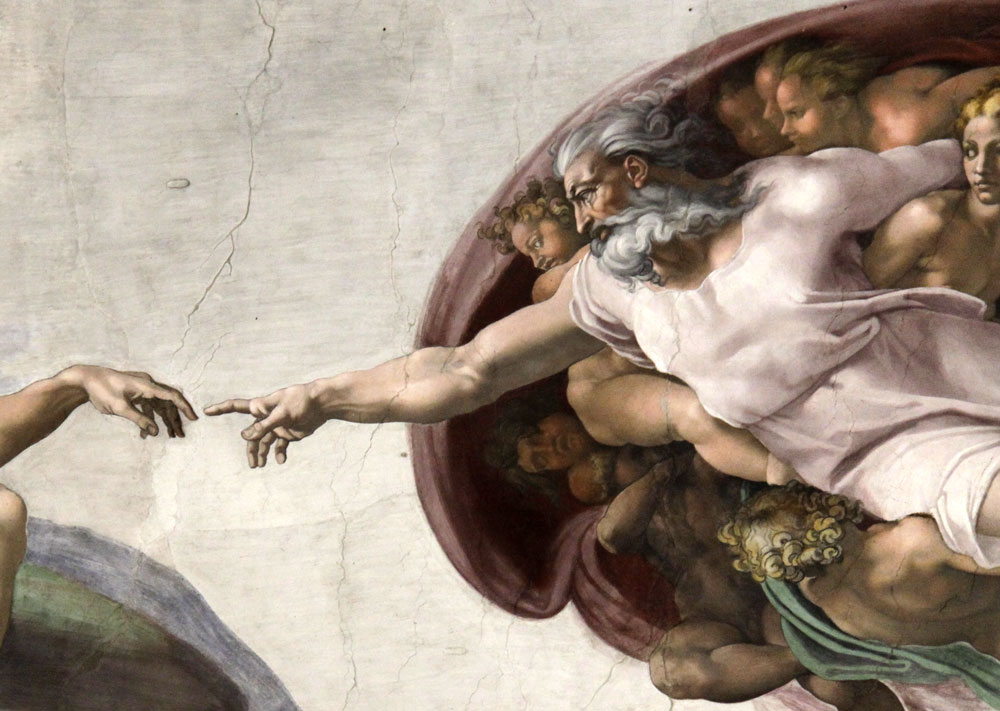 People have tried to draw God many times, usually by trying to represent some of the characteristics the Bible teaches about him. The idea of God as a wise father often leads to pictures of a big old man in the sky with a beard, but most Christians would say that that’s probably not very close at all!
People have tried to draw God many times, usually by trying to represent some of the characteristics the Bible teaches about him. The idea of God as a wise father often leads to pictures of a big old man in the sky with a beard, but most Christians would say that that’s probably not very close at all!
A really interesting thing is that the Bible says that God made humans in his image, or ‘likeness’. Biblical scholars think that, rather than this meaning that our physical appearance is like God’s, it means that humans have particular characteristics and abilities that can mirror God’s characteristics and abilities, such as our creativity, imagination and the way that we think and reason. Christians also think this ‘likeness’ is part of God telling us that we’re special to him, and that we should look after His world just like he would.For now, Christians believe that what God looks like is pretty mysterious, perhaps even too amazing for us to imagine, but it’s fun to try!
-
Can you be a scientist and believe in miracles?
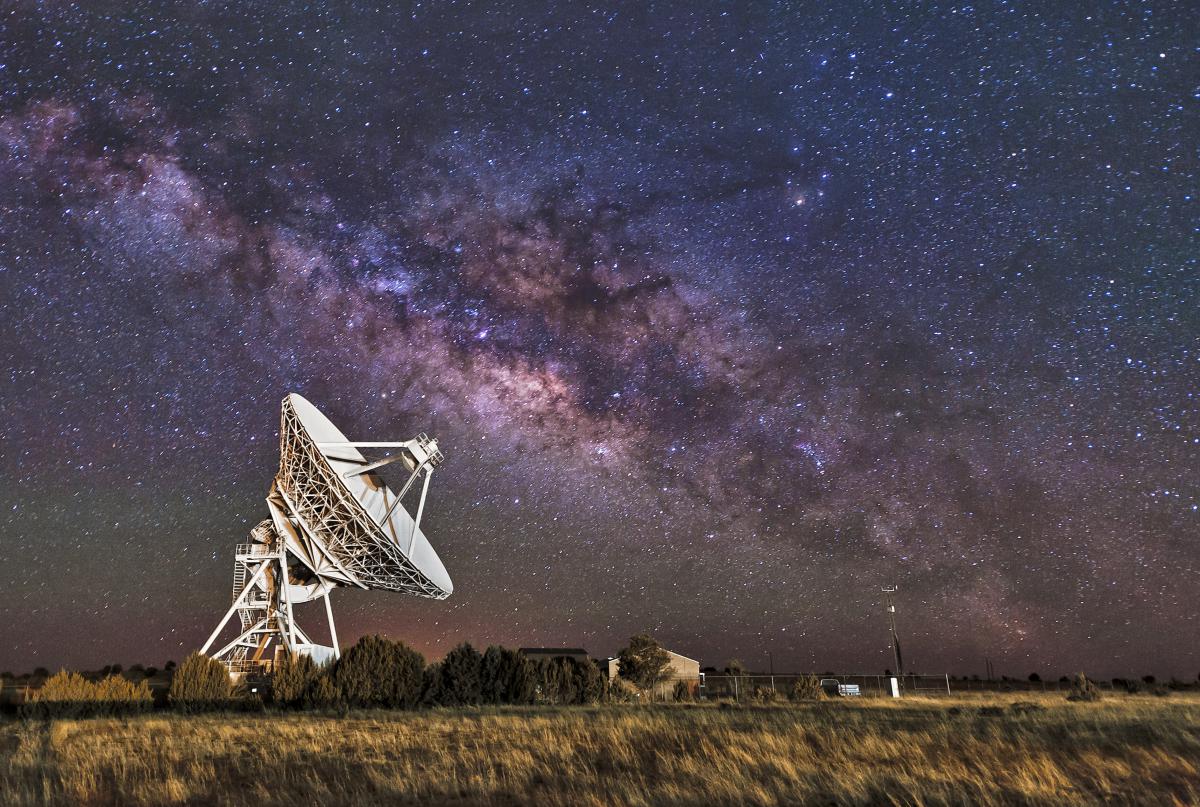
You’ve probably come across the idea that there are ‘laws’ to how the universe works, or patterns of how certain things seem to usually work the same way – water freezing and boiling, gravity, photosynthesis... Scientists study the way these things normally happen, and the natural processes behind them. Christians believe that God is creator of the whole world, and many agree that these natural processes are part of how he has made the world, and continues to shape and support it.
But the Bible (the holy book that Christians read) says that sometimes God chooses to do things that are different from these natural processes, or speed them up (e.g. walking on water, raising the dead, accelerated or ‘impossible’ healings). These surprising, unexpected, very special events are often called ‘miracles’. Using science to learn about what normally happens doesn’t have to stop anyone believing that God can work in a different way sometimes. There are many scientists believe in miracles throughout history and today!
 Sometimes people use the word ‘miracle’ to refer to anything that seems wonderful or mysterious, like childbirth, rainbows or even finding a parking spot! Since lots of those things can (or will be) understood as part of the normal, natural, wonderful processes God has put in place, lots of people wouldn’t regard them as miracles. Regardless, many people find it important to wonder at, and celebrate, the ways they believe God may be involved in any of these things.
Sometimes people use the word ‘miracle’ to refer to anything that seems wonderful or mysterious, like childbirth, rainbows or even finding a parking spot! Since lots of those things can (or will be) understood as part of the normal, natural, wonderful processes God has put in place, lots of people wouldn’t regard them as miracles. Regardless, many people find it important to wonder at, and celebrate, the ways they believe God may be involved in any of these things.However we define ‘miracles’, perhaps the most important thing the Bible teaches about miracles is that God seems to use them to get people’s attention and show something about himself (e.g. that he is good, powerful, loving etc.). Many scientists of faith believe that they can learn about God and his world through his miracles, as well as through studying the wonderful ways his creation usually works.
-
If God made everything, who made God?

Christians believe that God wasn’t made by anyone. They believe that God has always existed, that he is the one who started everything and is still making things today. Because God imagines and makes everything, Christians think of him as bigger than (and outside of) everything he has made - the whole Universe! They also think about God existing ‘outside’ of time, not bound by time or space in the ways that we are.
This can be hard to understand because most of the things we know about are made by someone or something. But the Bible (the holy book that Christians read) says that God is defined by how different and ‘other’ he is (the meaning of ‘holy’), that he didn’t need to be made, he just is. This idea that there must be a ‘first cause’, a thing that started everything else, isn’t unique to Christianity or faith, it’s actually an important philosophical idea that has been discussed for hundreds and hundreds of years, even as far back as Plato and Aristotle! Many Christians believe that this ‘first cause’ is one way of thinking about God.
 There are some ideas about God that are hard to understand, but the Bible says that God loves it when people try to find out about who he is and what he has done. For example, lots of Christians think that science is a special gift from God to help us to understand a bit about how he works and what he has done.
There are some ideas about God that are hard to understand, but the Bible says that God loves it when people try to find out about who he is and what he has done. For example, lots of Christians think that science is a special gift from God to help us to understand a bit about how he works and what he has done. -
Why do we bother thinking about where everything comes from? Why does it matter?
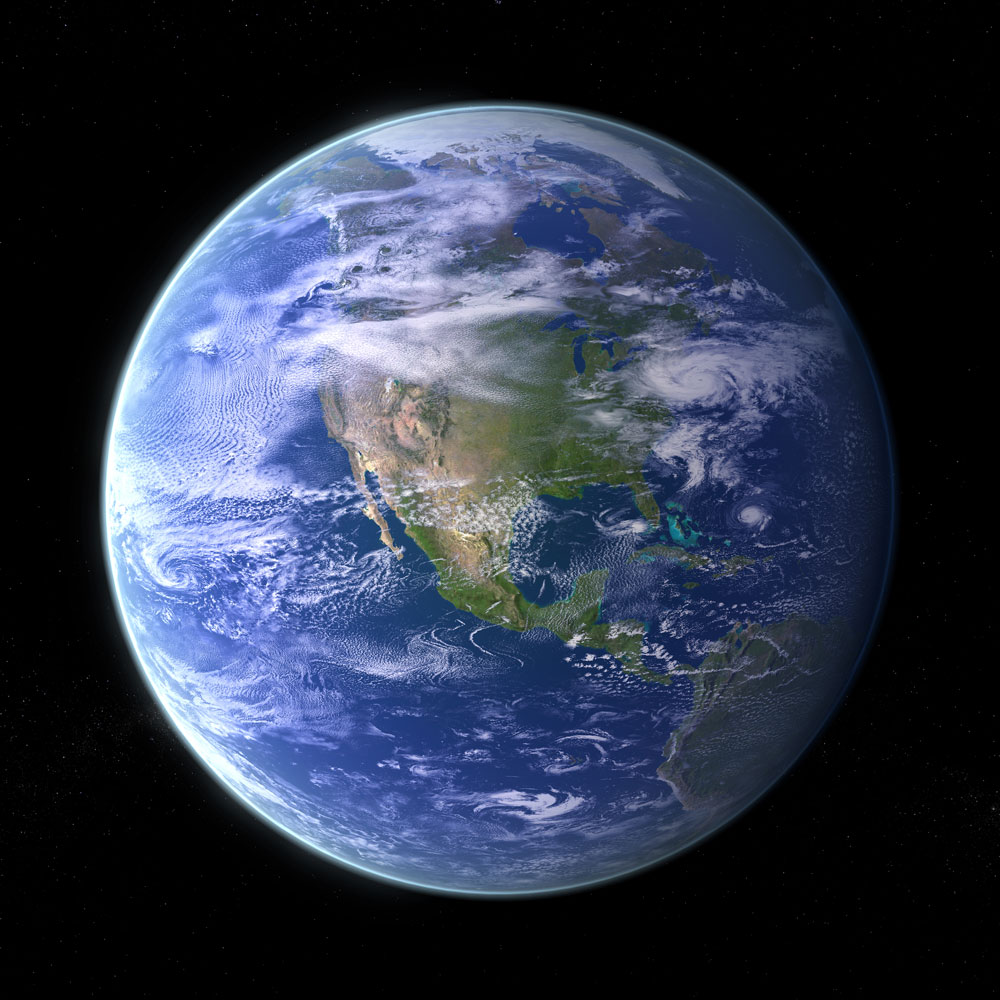
Why do you think we ask any questions at all? Because humans are naturally curious. Which means we love mysteries, and we love finding out answers to our big questions!
Some of our biggest questions are about ourselves and our place and purpose in the universe - who we are, where we are going, whether we should get out of bed in the morning, what we want to do with our lives and how we want to get there.
 To explore these sorts of questions we need to think at least a little bit about the things that have shaped and influenced our life so far. That can mean asking small questions like how much taller we’ve grown over the last few years. Or it can mean exploring really big things, like how long ago (and where) the first humans lived, or even further back to questions like, why is there life on Earth, why is there a universe and where did it come from.
To explore these sorts of questions we need to think at least a little bit about the things that have shaped and influenced our life so far. That can mean asking small questions like how much taller we’ve grown over the last few years. Or it can mean exploring really big things, like how long ago (and where) the first humans lived, or even further back to questions like, why is there life on Earth, why is there a universe and where did it come from.Thinking about where everything comes from is an important and fascinating way of becoming more self-aware, learning more about ourselves, who we are and how we want to live our lives.
-
More Questions?
 Do you have questions which aren't covered here? We want to help!
Do you have questions which aren't covered here? We want to help!Take a look at some of our other topics, activities and resources to see what else you can discover.
Or why not get in touch and we'll do our best to help you out!

